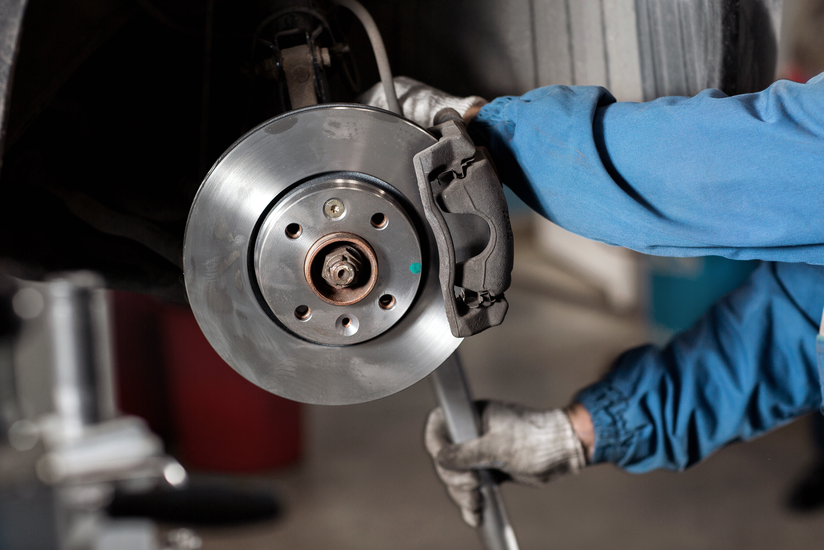Taking the High Road
It's easy to get overwhelmed by the abundance of car-related goods and services, from pricey detailing to costly maintenance and premium fluids. Car owners on a budget must decide when to spend more and when to cut corners. Pinching pennies in the wrong places, however, can cost you far more down the road and raise safety concerns. We spoke with car experts across the country to identify which car expenses are worth the money.
Related: 32 Lies Your Mechanic Has Told You



























